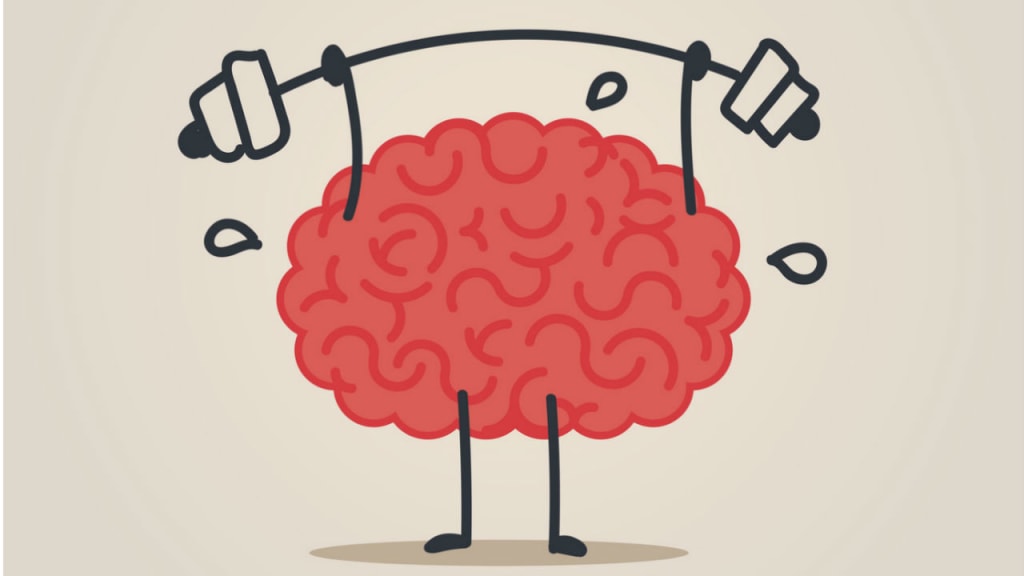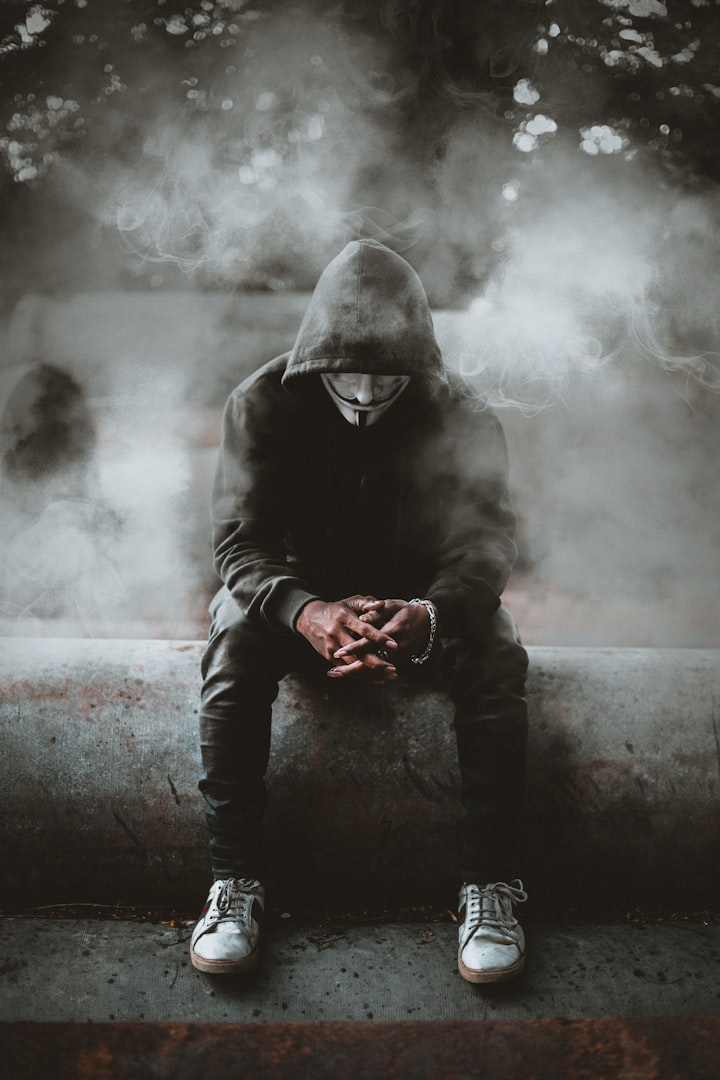Off Day vs. Mental Health
Can we tell a difference?

Everybody has off days—that's a fact. We can wake up in a bad mood, we can be feeling off all day, we cannot have the energy to do daily tasks, and we cannot be up to socialising with people. I'd even go as far as to say this is relatively normal—to have an off day—for it'd be impossible to stay 100 percent positive all the time.
At what point though does this turn into their being something deeper that needs addressing? Going from having a bit of self-care in the evening to needing professional help?
I feel it would be fair to say that mental health is receiving much more attention now, and is being covered and discussed more across social media than it ever has before. With this has come with some backlash; millennials are snowflakes being a favourite phrase at the moment. Is there some truth behind this though? Is mental health now being glorified, and used as a means to gain social influence?
It'd be naive I think to say no. Simply put, some people will advocate mental health for the likes. However, it is important to be able to distinguish when we're having an off day, and when our mental health needs more attention. Recently there has been a focus on self-care, but in some cases a bath bomb is not going to help, and I think this is where the snowflake motif has derived from. Too many people now are advocates for mental health and posting "self-care" pictures, when in reality, it may be an off day or they may just be doing it for the 'gram. Whilst it's true that posting online can be a way to track progress and can help see personal goals develop over time, it's often the case that these influencers can contradict their posts and tweets, sending mixed signals to followers about mental health, self-care, and the difference between making sure you're okay and posting for likes.
Now I won't say that having an off day or several in a row could be a bout of bad mental health or the start of a downwards spiral into bad mental health; in many cases, this is how it starts, and how it can easily be overlooked. The point is, it's super easy getting sucked into influencers and people on social media spouting buzzwords about mental health, but when it comes to your own mental health, it's easy to feel a bit lost and to not know if you're having an off day or if you need help with your mental health.
Your mental health is just as important as your physical and emotional health. It can have a huge influence on your social skills and cognitive abilities, as well as general mood and performance. So instead of masking it with a gym selfie from a week ago, find things that genuinely lift/improve your mood. Talk to your GP or a helpline, open conversations up, check in on your friends, and importantly, track your moods and patterns. If you can see something is continually affecting your mood, or your mood hasn't quite been the same recently, help yourself in learning about such triggers and see how you can change them.
I've listed below some hopefully useful links in case anyone does feel they want to have a chat about how they've been feeling recently:
About the Creator
Paige Roden
Twenty-five year old postgraduate trying to navigate some strong feelings about certain topics. Huge mental health advocate and lover of horror films






Comments
There are no comments for this story
Be the first to respond and start the conversation.